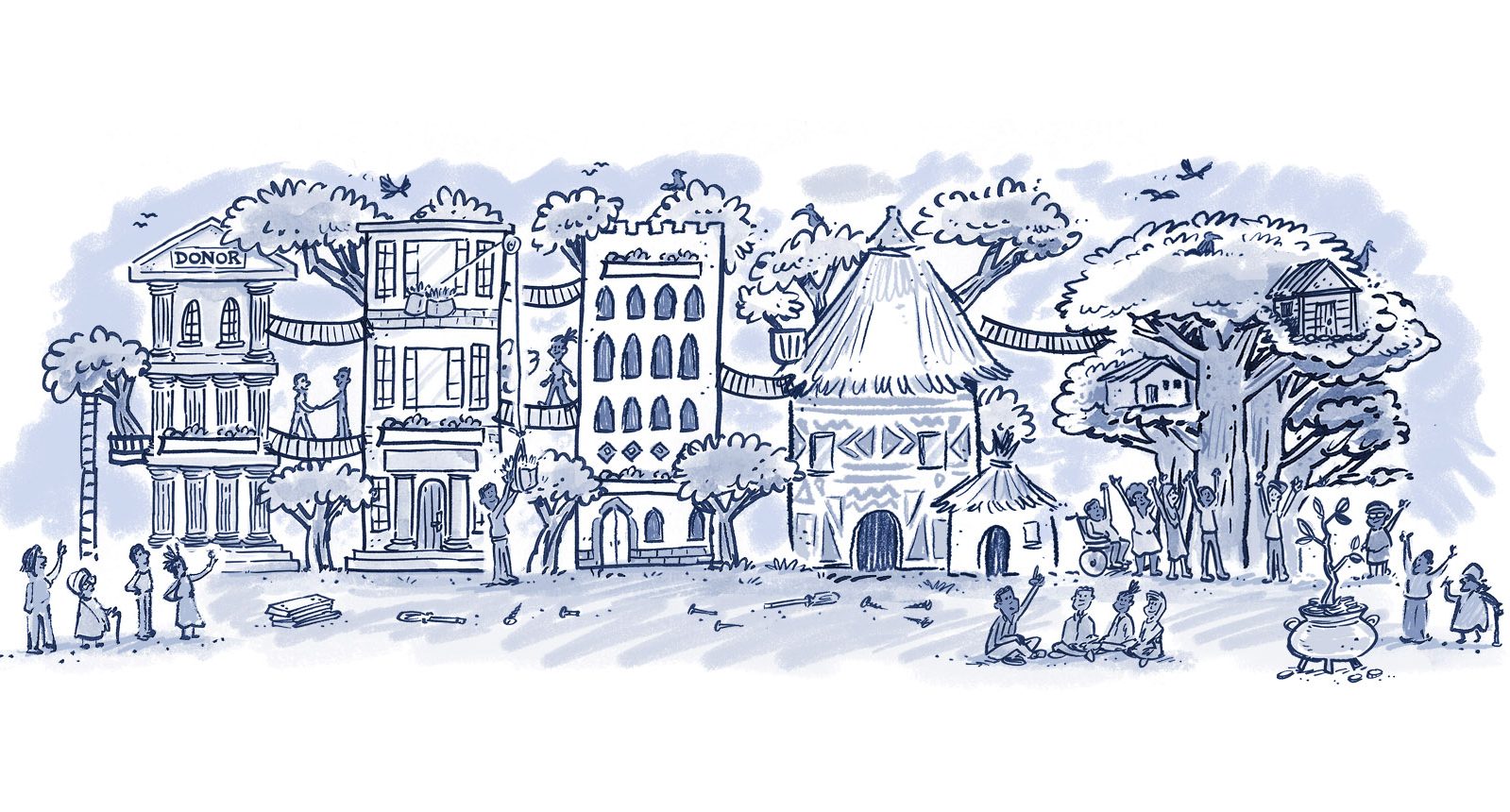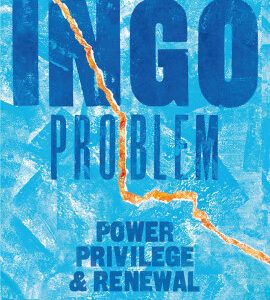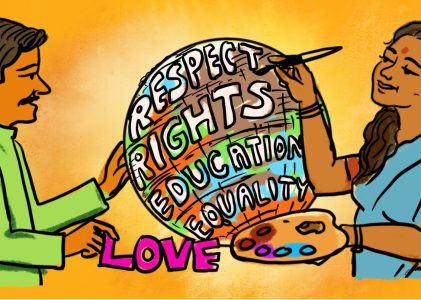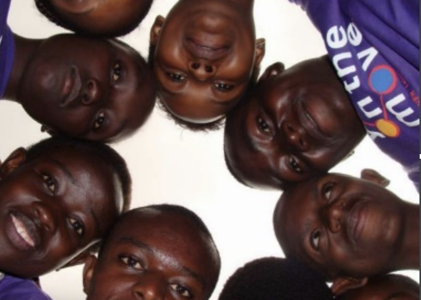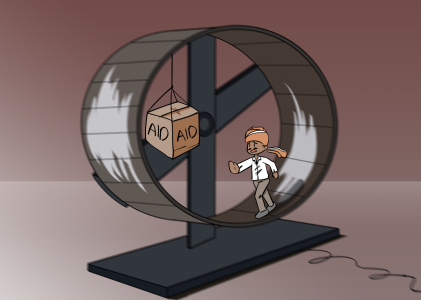Colouring outside the colouring book: Seeking out the alternative systems for movement organizing. Part 1
No one ever claims to hold power within philanthropy. I have met countless people who are well paid, who hold positions of power and/or are backed by endowments. Many of these always refer to another unknown power. From directors to project officers, trustees to backdoor funders; all of them referred to some other power over and above them. This is how systems work. They lie in nuance and ambiguity whilst explicit through tools and controls. Invisible, but always void of any of the accountability it demands of others. When it dies, it tends to implode in and of itself, rather than be dismantled externally.
